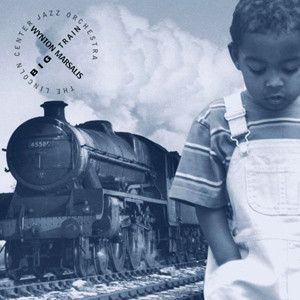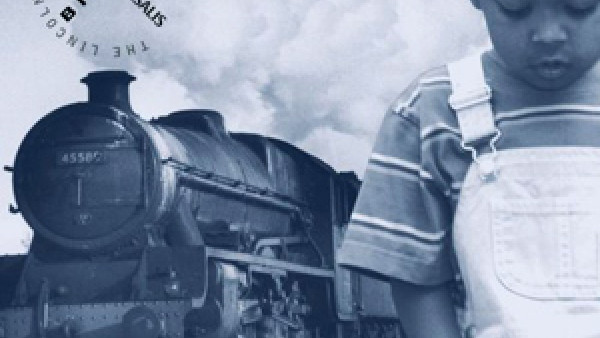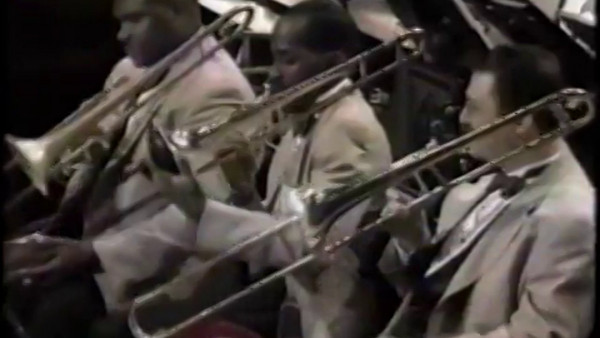Sound Portraits Influenced by the View From the Train
When jazz bands played one-nighters in long lists of fourth-tier American towns, trains were a major part of their logistical life. But trains naturally crept into jazz composers’ aesthetic lives, too. At least, this was the case with Duke Ellington, who worked so much about the outside world into his music.
The Lincoln Center Jazz Orchestra has seized on the train theme in jazz before, most memorably in a 1990 concert of Ellington music that included a little train-related sequence. On Thursday night, the band played an entire program of train music titled “Full Steam Ahead” and heavily tilted toward the music of Ellington and its leader, Wynton Marsalis. (The exceptions were Hall Overton’s big-band orchestration of Thelonious Monk’s “Little Rootie Tootie” and a showy, upbeat piece by Wycliffe Gordon, “West End Choo-Choo,” with the young singer Jennifer Sanon.)
There have been songs written off the literal chugging rhythm of the train engine, and then there are more impressionistic portraits of the context that grows up around trains. As a composer, Mr. Marsalis has taken up both challenges, of precise tone poetry and of capturing a broader American experience. Besotted with the large-ensemble grammar that Ellington introduced to jazz from the 1920’s to the 50’s, he recorded an album in 1998 titled “Big Train.” (Incidentally, he has also been public about his aversion to flying.) There’s a lot of Ellington in the record: the timbres produced by trumpets and trombones using a variety of mutes, in an ensemble with tight and constantly shifting arrangements; the whistles and steady-midtempo train rhythm; the occasional dissonance to make an almost gestural point.
On Thursday, the band played “Union Pacific Big Boy” and “The Caboose” from Mr. Marsalis’s “Big Train” album, as well as “Expressbrown Local” from his extended piece “All Rise” and a new work, “Due South.” These were pretty long, repetitive pieces with lots of impressive harmonic and timbral devices; sometimes they reflected a fascination with voice sounds, made by instrument or mouth. (Over a slow ga-dunk ga-dunk train rhythm, “The Caboose” stretched on as various musicians hollered asides.) Some thoughtful extended solos by Mr. Marsalis on “Big Boy” and the guitarist Doug Wamble on “Due South” gave the pieces body, between the mass of surface detail and the repetitive rhythm.
In principle there’s nothing wrong with long pieces of music, but some of these started out beautifully and then sagged with their own importance as historically literate Americana. Put them next to the compression and mystery in Ellington’s short pieces “Track 360,” “Happy-Go-Lucky Local” and the sublime miniature “Daybreak Express,” which were all played with a great, grooving authority, and it’s hard to shine by comparison.
For that matter, put them next to some of Mr. Marsalis’s own work. The band played “Express Crossing (Astride Iron Horses),” written about 12 years ago to accompany choreography by Peter Martins, and it got to the point much faster: its horn lines jumping in and out of rhythmic cycles, putting wild, serpentine piccolo and alto-saxophone lines over brass interjections, the music made the blood race.
The program repeats tonight at 8 at the Rose Theater, Frederick P. Rose Hall, 60th Street and Broadway, (212) 721-6500.
by Ben Ratliff
Source: New York TImes



